Think about cats and their fur color a second. Specifically, pull up your perceptions of cats based on fur color. Did you find you perceive orange cats as friendly but maybe not the brightest of the felines? Are black cats creatures of mystery in your mind? And when you picture tortoiseshell kitties, do you think of sassy cattitudes?
Don’t be surprised if these were your thoughts. Over time, people have adopted the belief that the color of a cat’s coat has a lot to do with intelligence and personality. But research has shown that every kitty is unique, with their smarts and quirks coming from sources other than the fur color.
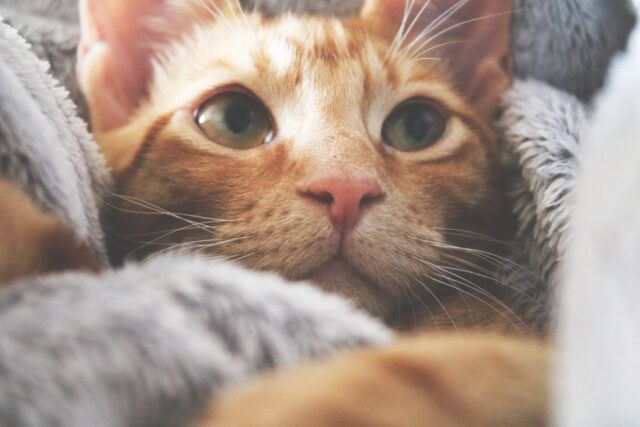
Does Coat Color Determine Personality?
While cat intelligence quotients have been shown not to be determined by fur color, the genes that play a role in feline pigmentation might have some bearing on personality. This connection between coat color and IQ has been proven in silver foxes but not in cats. So far, the fur color and personality connection are a theory in need of solid proof, and we should be aware that every kitty is their own purrson no matter the shade of their fur.
As Zarah Hedge, chief medical officer with the San Diego Humane Society, told MSN, “While there could be some genetic components associated with coat color that also impact personality, there is little scientific evidence demonstrating this to be the case in domestic cats.”
While not scientifically proven, many people believe fur color directly impacts smarts and personality in cats. And this thought can lead to issues in some families, with Hedge explaining, “Despite not having solid evidence linking coat color to personality, people, to some degree, likely make decisions on which cat to bring into their home based on this.”
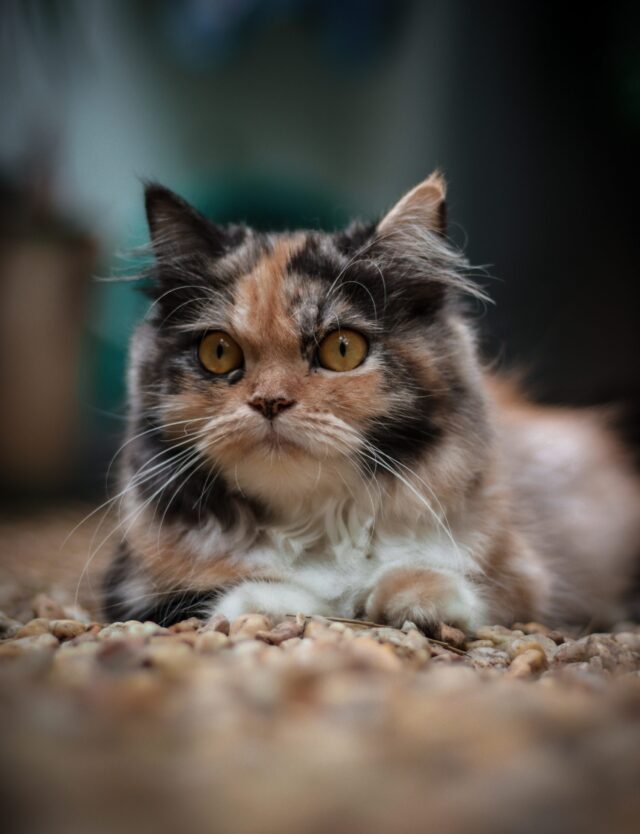
Holding onto the idea that fur color predicts personality and intelligence “can set up people to have unrealistic expectations for how the cat will behave in the home.”
Rainbow of Fur Colors and Personalities Makes the World Go Round
Let’s take orange cats, for example. As a whole, ginger cats have long been considered friendly and talkative cats that aren’t the sharpest set of claws in the kennel. But that’s simply not true.
“I’ve definitely seen and worked with hundreds of orange tabby cats and seen a wide variety of personality types,” Hedge shared. “I would say that a cat’s upbringing and socialization to humans, other animals and different environments plays a larger role [than fur color] in their overall personality and how they interact with humans.”
For some reason, tortie cats have been determined to have quite the sassy attitudes, Hedges sharing, “There has been a long-held belief that tricolored cats have what has been coined ‘Tortitude’ or tortoiseshell attitude.”
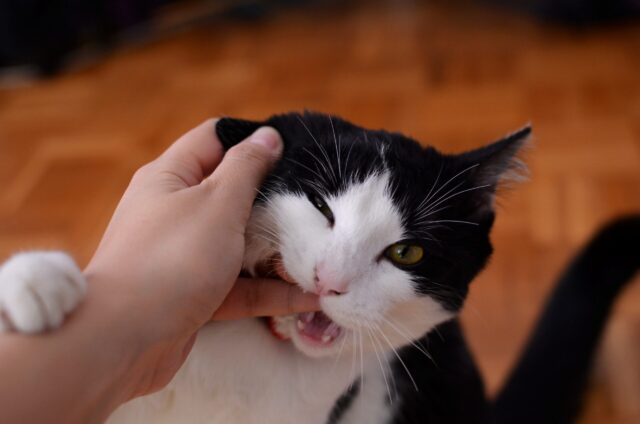
Regarding tuxedo cats, Hedges has often heard the black-and-white cow cats “tend to be more playful,” while the “long superstition surrounding black cats” has imbued them as mysterious.
“Having lived with many different cats over the years, and working with many more in the shelter, I can say these stereotypes are not true,” said Hedges. “Each cat has their own unique personality.”
Research on Coat Color Perceptions Reveals A Trend
These thoughts on coat color and personality inspired a University of California research team to see how far the perceptions on coat color reached when it came to feline adoption rates. Their study published in Anthrozoos, the official journal of the International Society for Anthrozoology, lead author Mikel Delgado and team surveyed almost 200 cat parents, asking them to rate personalities of certain colored cats based on their tendencies.
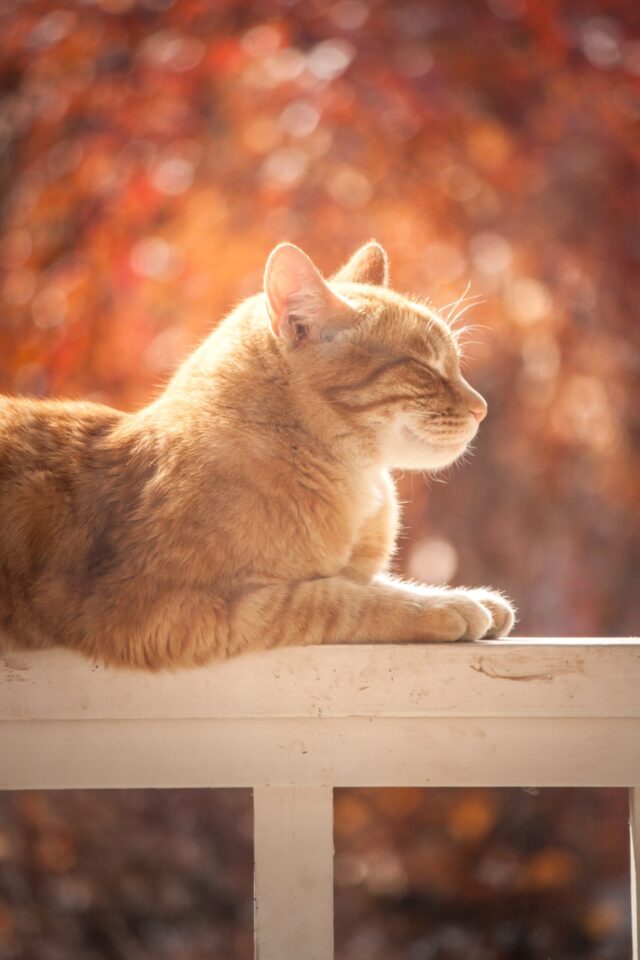
The results found most adopters choose pets based on personality, but survey answers revealed that cat parents tend to put kitties in boxes according to their color, whether they know it or not. Delgado thinks their research will further reveal the psychology behind cat adoption.
“We hope that this study will be a starting point for further research in what qualities affect adoption and retention of pet cats, and whether there is a genetic or physical basis (such as coat color) for personality differences in cats,” Delgado said.
Such research aims to help even more cats find their forever homes.
Spend Time Getting to Know Kitties Before Forming Opinions
So, if you’re considering adopting a cat, don’t let the shade of a cat’s fur color your decision when it comes to intelligence and personality.
Cathy Marden, the cat coordinator for Berkeley East Bay Humane Society (BEBHS), told the Berkeley News, “You can’t judge a cat by its color.”
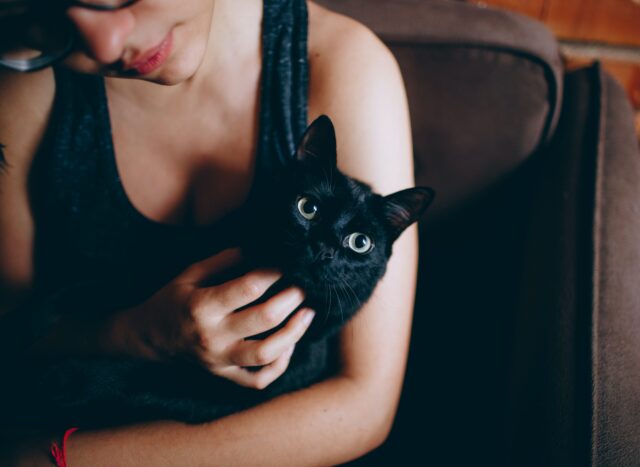
“If someone comes in to adopt, we encourage them to spend time with all the cats, because it’s the personality of that cat – not the color – that will let you know if the animal’s the right fit for you.”
Tried and true, the best way to know if a kitty fits your family is to spend time with the cats at your local rescues and shelters. No matter their coat color, the heart recognizes family!
H/T: www.msn.com
